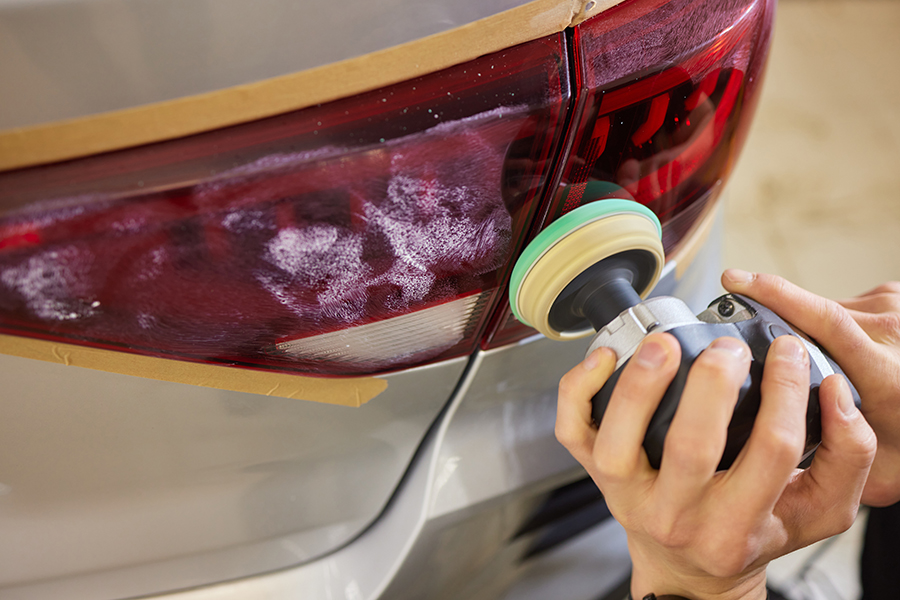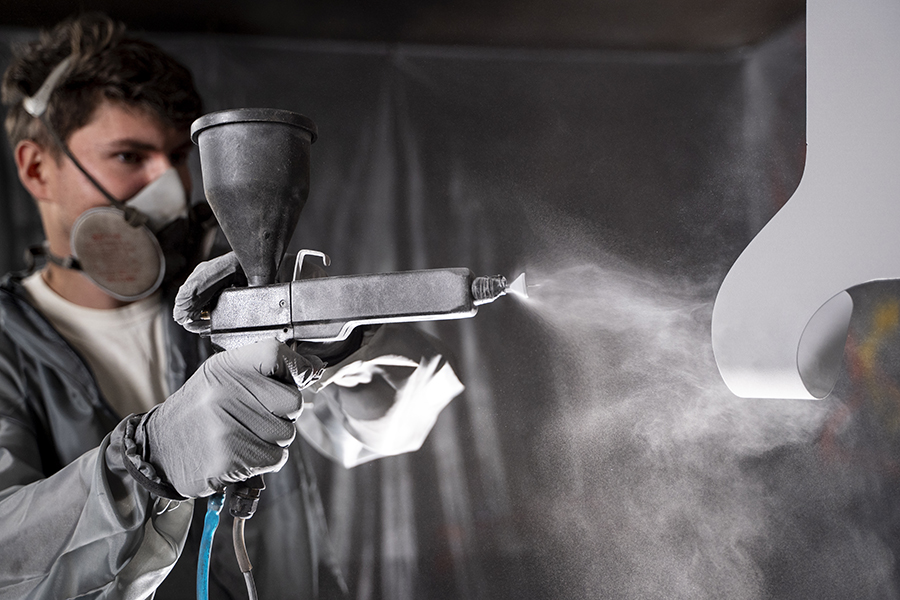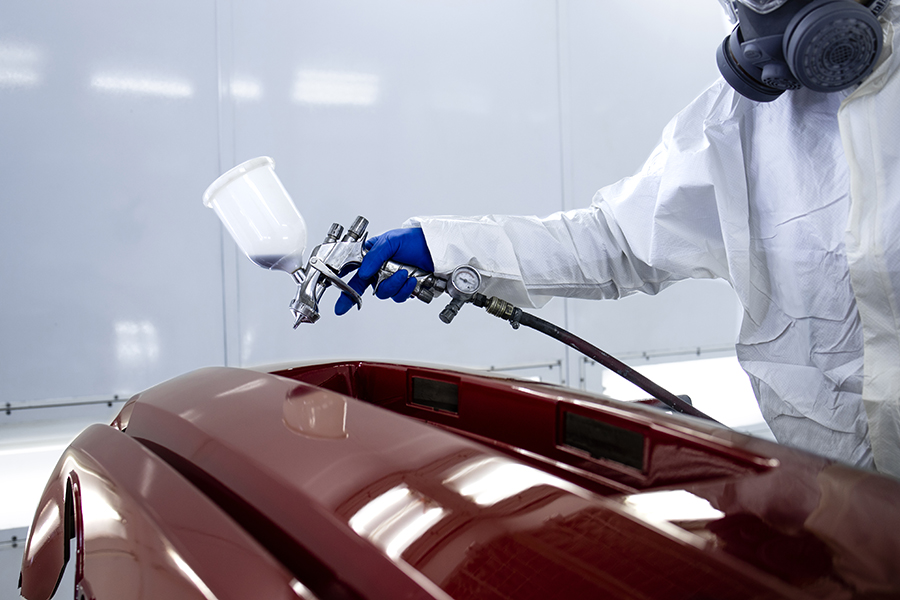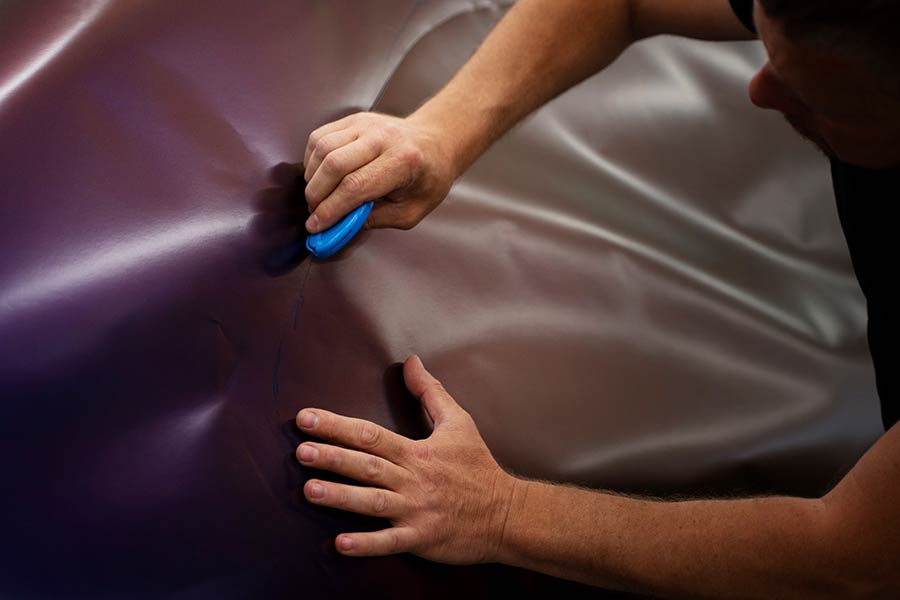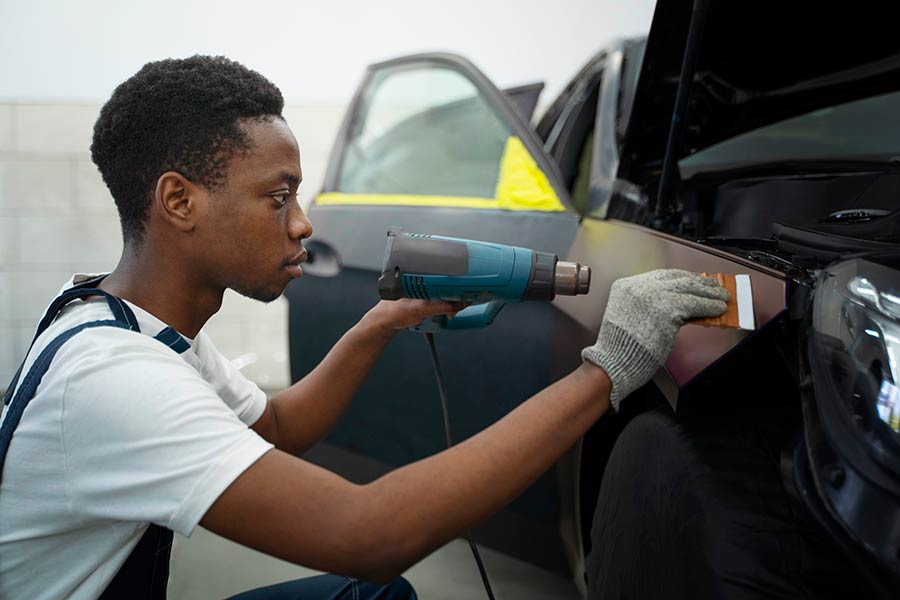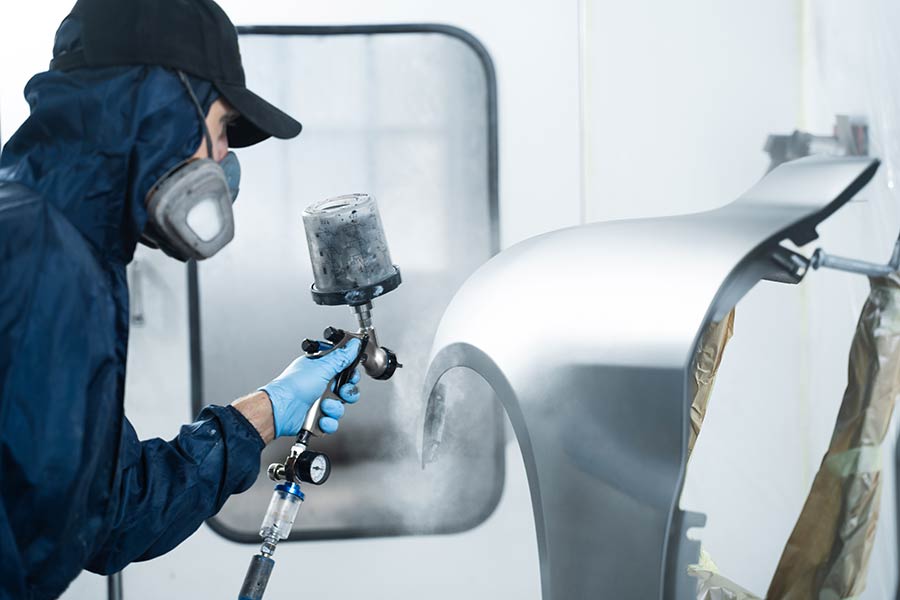Scratches on your car's paint can feel like a thorn in your side. They make your shiny ride look worn out and sad. But fixing them isn't rocket science. You don't need to be a mechanic or spend loads of cash at the shop. Sometimes, all it takes is a little know-how and elbow grease. It's like giving your car a new lease on life without breaking the bank. So, if you're tired of those pesky scratches ruining your car's vibe, you're in the right place to learn how to repair them yourself.
Key Takeaways
- Know Scratch Types: Identify if it's a surface, primer, or deep scratch to choose the right fix.
- DIY Kits Work: Use scratch repair kits for minor scratches; they save money and time.
- Professional Help: For deep scratches, seek a professional to avoid further damage.
- Use Protective Measures: Regular waxing and parking in safe spots help prevent new scratches.
- Regular Checks: Inspect your car often to catch and fix scratches early.
- Cost vs. Quality: Weigh the cost of DIY versus professional repair for the best outcome.
Understanding Car Scratches
Types of Scratches
Car scratches come in different types. Clear coat scratches are the most common. They only affect the surface layer. This type is easy to fix because it doesn't reach the paint.
Paint scratches go deeper. They cut into the color layer. These are more noticeable and need more work to repair.
Deep scratches are the worst. They reach the metal underneath. This can cause rust if not treated quickly.
Causes of Scratches
Scratches can happen in many ways. Keys or sharp objects often cause them. Kids playing near cars might accidentally scratch them.
Environmental factors also play a role. Tree branches can brush against cars, leaving marks. Windy days increase this risk when parking under trees.
Car accidents are another common cause of scratches. Even small bumps can leave noticeable marks on the car's surface.
Assess Scratch Severity
To check a scratch's severity, use your fingernail. If it catches, the scratch is deep. This means it might need professional help.
Look at the scratch closely. If it changes color, it's likely deeper than just the clear coat. This indicates damage to the paint layer.
Check for rust around the scratch. Rust means the scratch reached the metal. Immediate action is needed to prevent further damage.
DIY Scratch Repair Methods
Using Scratch Removers
Scratch removers can help fix minor scratches on your car. Apply the scratch remover with a microfiber cloth. This type of cloth is gentle and won't cause more damage. Follow the product instructions closely to avoid mistakes. Use circular motions when applying the remover for the best results.
Buffing Techniques
Buffing is another way to repair scratches. Choose the right buffing pad for your car's paint. Different pads work better for different surfaces. Use a gentle, even pressure when buffing. This helps smooth out the scratch without causing more harm. Avoid over-buffing, as this can lead to further damage.
Applying Touch-Up Paint
Touch-up paint is useful for deeper scratches. First, clean the area thoroughly before painting. Dirt or dust can ruin the finish. Use a fine brush for precise application, so you only cover the scratched area. Allow adequate drying time between coats to ensure a smooth result.
Professional Repair Options
When to Seek Help
When scratches are too deep for a DIY fix. Consult a professional if the scratch goes through the paint layer. They have the right tools and skills. If unsure about repair techniques, it's best to ask for help. Experts know how to handle tricky repairs. Color matching is another reason to seek professional help. They ensure the new paint blends with the old.
Cost Considerations
Repairing scratches can be costly. Compare DIY costs with professional repair prices. DIY might seem cheaper, but it has hidden costs. You need materials like sandpaper and polish. Tools like buffers also add up. Professionals often offer long-term savings. Quality repairs last longer and look better over time.
Choosing a Repair Shop
Picking the right repair shop matters. Start by researching shops with good reviews. Happy customers mean good service. Check for certifications and experience too. These show that the shop knows what they’re doing. Ask for quotes from multiple locations before deciding. This helps find the best price for quality work.
Preventing Future Scratches
Protective Coatings
Applying protective coatings can help keep your car's paint safe. Wax is a simple option. It creates a barrier against minor scratches. Wax should be applied every few months for best results. Ceramic coatings offer more robust protection. They form a hard layer over the paint, lasting longer than wax. Sealants are another choice. They enhance paint durability and add shine.
Careful Parking Habits
Where you park matters for your car's safety. Try to park away from high-traffic areas. This reduces the chance of someone brushing against your car. Avoid parking under trees too. Tree sap can damage the paint. Choose wider spaces in parking lots. This helps minimize door dings from other cars.
Regular Car Maintenance
Regular maintenance keeps your car looking good. Washing your car often removes dirt and debris that can scratch the paint. While cleaning, inspect for new scratches. This lets you address them early on. Routine waxing provides ongoing protection against wear and tear.
Final Remarks
Alright, folks, you’ve got a handle on car scratches now. Whether you’re tackling them with some elbow grease or calling in the pros, you’re ready to keep your ride looking sharp. Remember, a few simple steps can help dodge those pesky scratches altogether. It's like giving your car a suit of armor.
Now, it’s time to roll up your sleeves or pick up that phone. Your car deserves some TLC, and you’ve got the know-how to give it just that. So, what are you waiting for? Dive into fixing those scratches and share your success stories. Keep that paint job pristine and let your car shine like a diamond in the rough. Happy driving!
Frequently Asked Questions
What are the different types of car scratches?
Car scratches come in three main types: clear coat, primer, and deep paint scratches. Clear coat scratches are surface-level. Primer scratches reach deeper but don't expose metal. Deep paint scratches go through all layers to the metal.
Can I fix car scratches myself?
Yes, you can! DIY methods like using toothpaste or scratch repair kits work for minor scratches. It's like putting a band-aid on a small cut—quick and easy. For deeper ones, though, professional help might be your best bet.
How much does professional scratch repair cost?
Professional repair costs vary widely. Minor fixes could be $50-$150, while deep scratches might cost $500 or more. Think of it as paying for peace of mind; sometimes, it's worth letting the pros handle it.
Are scratch repair kits effective?
Scratch repair kits can be effective for minor scratches. They're like first-aid kits for your car's paint job. They won't work miracles on deep gouges but can make small blemishes disappear.
How can I prevent future car scratches?
Preventing scratches is about being mindful. Park away from shopping carts and tight spots. Regular waxing adds a protective layer, like sunscreen for your car. Consider using car covers for extra protection.
Is it worth repairing small scratches?
Small scratches might seem trivial, but they can lead to bigger problems like rust if ignored. Fixing them early is like nipping a problem in the bud before it blooms into something worse.
What's the difference between DIY and professional repairs?
DIY repairs are cost-effective and quick for small scratches, like patching a hole in a sock. Professional repairs offer expertise and lasting results for deeper damage—like having a tailor fix that same sock properly.
